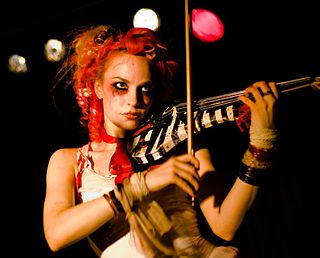A Quote by Emilie Autumn
He cried when I left, which I find to be standard male behavior.
Related Quotes
Should or can there be a single standard of behavior for both sexes? Is there such a thing as a biologically rooted female culture that should remain separate from male culture, partly because it is different than or superior to male culture? Women must convert their love for and reliance on strength and skill in others to a love for all manner of strength and skill in themselves.
Unconsciously we all have a standard by which we measure other men, and if we examine closely we find that this standard is a very simple one, and is this: we admire them, we envy them, for great qualities we ourselves lack. Hero worship consists in just that. Our heroes are men who do things which we recognize, with regret, and sometimes with a secret shame, that we cannot do. We find not much in ourselves to admire, we are always privately wanting to be like somebody else. If everybody was satisfied with himself, there would be no heroes.
People who reject transcendent authority can no longer persuade one another through rational arguments; everything is reduced to personal opinion. Debates about ideas thus degenerate into power struggles; we're left with no moral standard by which to measure the common good. For that matter, how can there be a 'common good' without an objective standard of truth?
If there is no absolute moral standard, then one cannot say in a final sense that anything is right or wrong. By absolute we mean that which always applies, that which provides a final or ultimate standard. There must be an absolute if there are to be morals, and there must be an absolute if there are to be real values. If there is no absolute beyond man's ideas, then there is no final appeal to judge between individuals and groups whose moral judgments conflict. We are merely left with conflicting opinions.



































